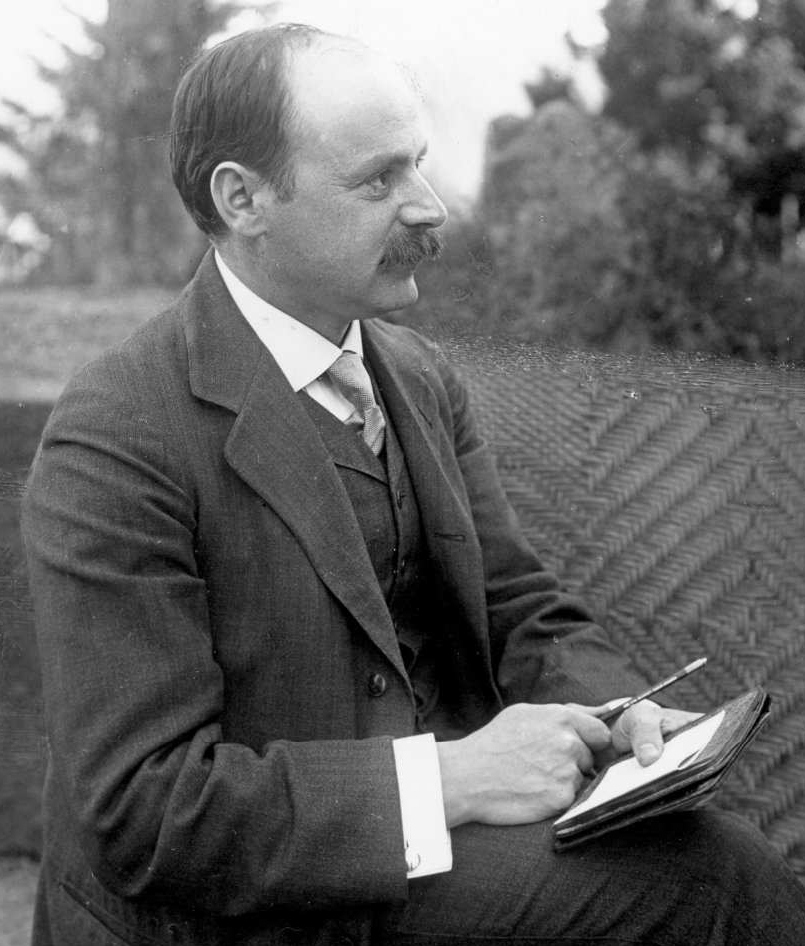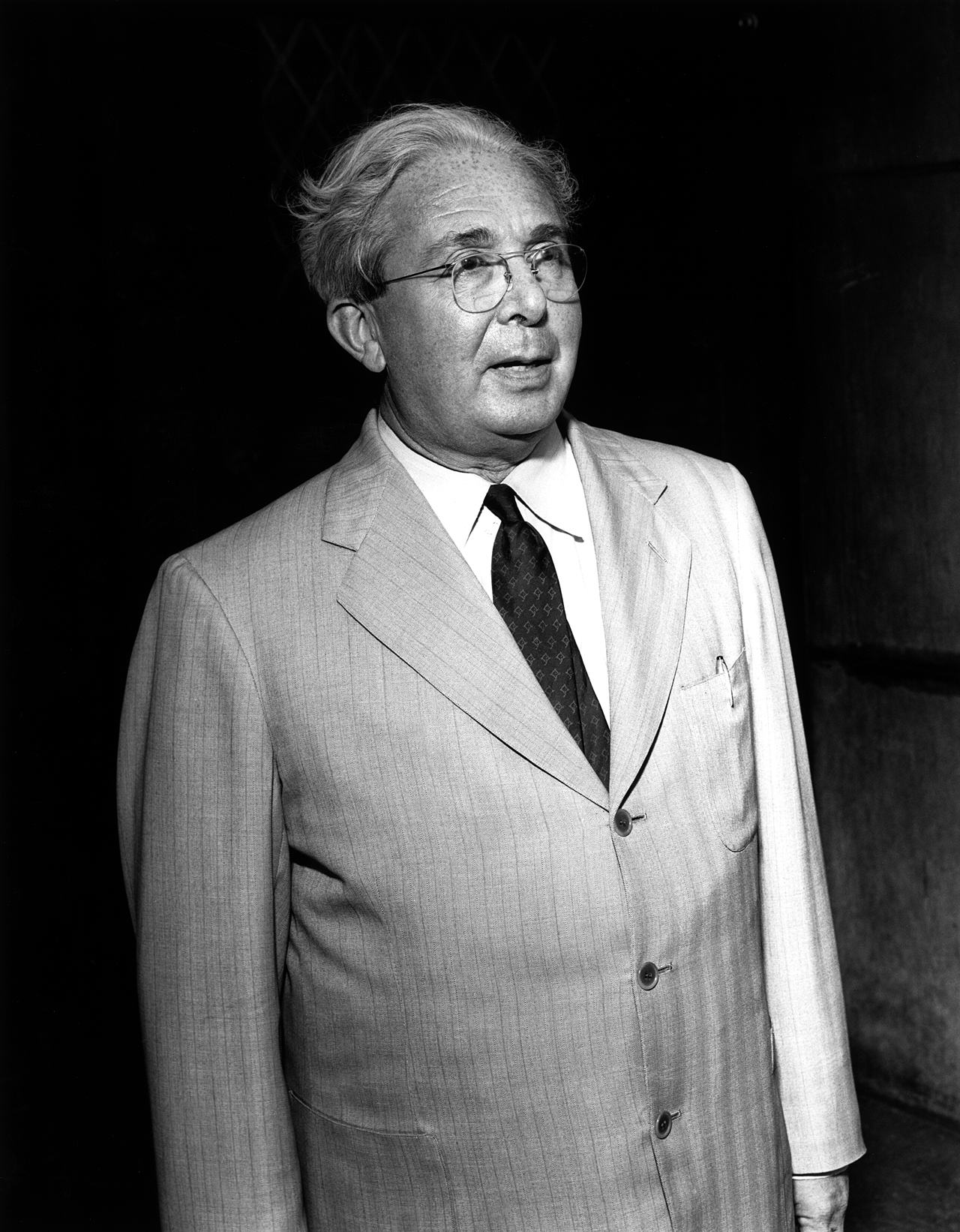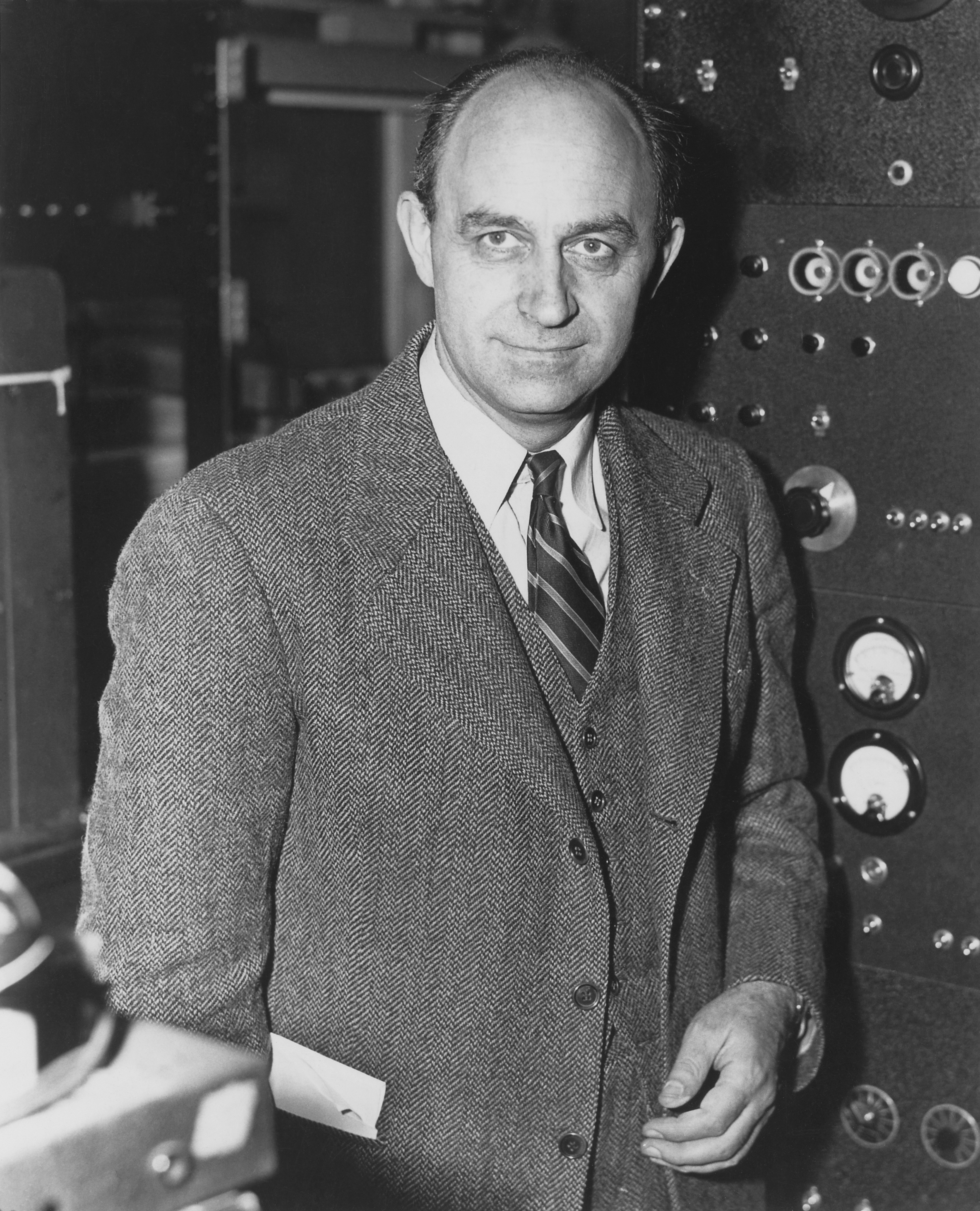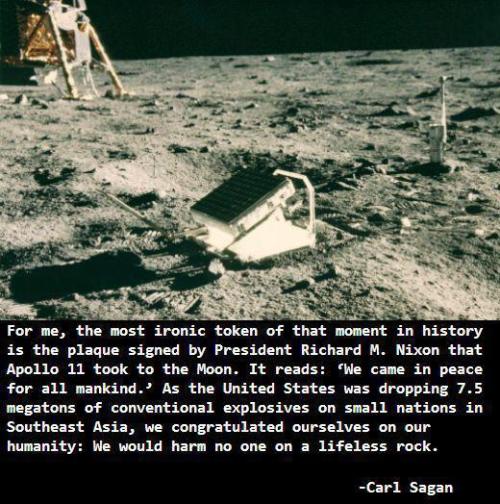Marie Curie, November 7, 1867-July 4, 1934
One of the greatest physicists and chemists ever, Marie Curie was the first woman to win a Nobel Prize, one of only two individuals ever to win two Nobel Prizes in two different fields, and the only person ever to win them in two different scientific fields (physics and chemistry.) Curie is best known for her discovery of radioactivity, which has directly yielding life-saving advances in medicine and nearly all areas of science. Due to the years she spent exposed to high levels of radiation, Curie died of aplastic anemia at the age of 66.
Karl Schwarzschild, October 9, 1873-May 11, 1916
This German physicist was the first to provide an exact solution to Einstein's field equations for his theory of general relativity. He managed this incredible accomplishment while serving in the horrible conditions of the Eastern Front. A disease contracted due to these conditions led to his untimely death at age 42, very soon after he wrote his papers on relativity. Schwarzschild's work led to the acceptance of relativity and is responsible for much of our understanding of black holes and other cosmic phenomena.
Leo Szilard, February 11, 1898-May 30, 1964
A Hungarian-born Jew, Szilard fled the incoming Nazi regime and convinced President Roosevelt to begin developing an atomic weapon. Along with Enrico Fermi, Szilard helped invent the first nuclear reactor. However, he was not proud of this work and dedicated the rest of his life until his death at 66 to ensuring that science was used for peaceful purposes. Szilard is responsible for some of the radiation treatments used today in cancer patients.
Enrico Fermi, September 29, 1901-November 28, 1954
Italian-American physicist Enrico Fermi built the first nuclear reactor with his colleague, Leo Szilard, and was one of the first to work on particle theory. Fermi refused to cooperate with the fascist regime during the war, and later advocated for the responsible use of nuclear technology, and it is because of his work that we are able to harness nuclear power today. Likely due to his work with unsafe nuclear technology, Fermi died of stomach cancer at just 53 years old.
Erwin Planck, March 12, 1893-January 23, 1945
The fourth child of great physicist Max Planck and his first wife, Erwin Planck shared his father's love for their homeland. Planck hated seeing Germany fall under Nazi power, and became involved in the July 20 plot to assassinate Hitler. He was caught and later executed.
The crew of the Challenger, January 28, 1986
Francis Scobee, Michael Smith, Ronald McNair, Ellison Onizuka, Judith Resnik, Greg Jarvis, and Christa McAuliffe were reminders of the courage it takes for space travel and scientific discovery and the price that is sometimes paid.
Carl Sagan, November 9, 1934-December 20, 1996
An American astronomer and astrophysicist, Carl Sagan made it his life's work to bring people together through science. Sagan was an advocate for space travel and for the search for extraterrestrial life. He was the first to posit that Jupiter's moon Europa might be habitable. It was later discovered that Europa does indeed have water on its surface. Unfortunately, Sagan was never able to witness the 21st century advancements in space exploration, dying from complications of myelodysplastic syndrome at the age of 62.







No comments:
Post a Comment